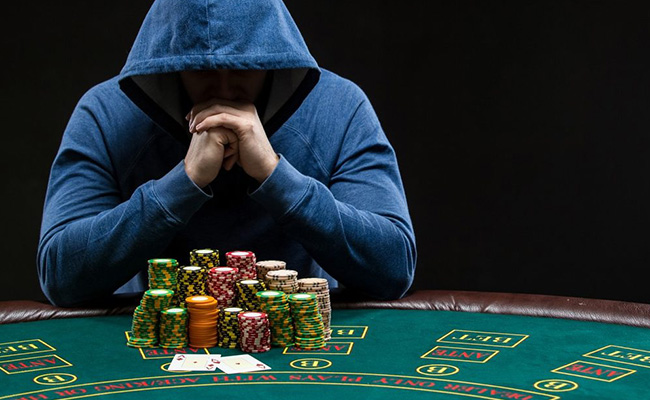SPORTS
The Psychology of Betting: Why We Love to Gamble

Gambling has been a part of human culture for centuries, with people from all walks of life participating in various forms of betting. Whether it’s placing bets on sports events, playing casino games, or buying lottery tickets, the thrill of taking a chance and potentially winning big has a powerful allure. But what drives our love for gambling? What is the psychology behind our willingness to wager our hard-earned money on uncertain outcomes? So, come and visit here with us as we delve deep into the psychology of betting, uncovering the secrets behind our relentless pursuit of that elusive jackpot. In this article, we delve into the fascinating world of the psychology of betting.
The Thrill of Uncertainty
One of the primary reasons people are drawn to gambling is the thrill of uncertainty. The human brain is wired to seek novelty and excitement, and gambling provides an opportunity for just that. When you place a bet, you are essentially putting your money on the line with no guarantee of a positive outcome. This uncertainty triggers the release of dopamine, a neurotransmitter associated with pleasure and reward, in your brain. The anticipation of a potential win activates the brain’s reward system, creating a sense of excitement and exhilaration.
The Illusion of Control
Gamblers often believe they have some level of control over the outcome, even in games of pure chance. This illusion of control is a powerful motivator that keeps people coming back for more. For instance, in games like slot machines or roulette, where the outcome is entirely random, players may convince themselves that their strategies or rituals can influence the results. This belief in their ability to control the uncontrollable adds an extra layer of excitement and keeps them engaged in the game.
Social Interaction and Peer Pressure
Gambling is often a social activity that allows people to bond and connect with others. Whether it’s watching a football game with friends and placing bets on the outcome or sitting at a poker table with fellow players, gambling provides an opportunity for social interaction and camaraderie. Additionally, peer pressure can play a significant role in driving individuals to gamble. When friends or acquaintances share stories of their gambling wins, it can create a desire to join in and experience the thrill for oneself.
Escapism and Stress Relief
Life is filled with stressors, and gambling can serve as a form of escapism for many. When faced with the pressures of work, family, or personal challenges, the prospect of winning big and escaping financial woes can be a tempting proposition. For some, gambling offers a brief respite from the everyday grind and a chance to forget their troubles, even if only temporarily.
Cognitive Biases and Overconfidence
Several cognitive biases come into play when people engage in gambling activities. One of the most prominent is overconfidence bias, where individuals believe they are luckier or more skillful than they actually are. This overestimation of one’s abilities can lead to reckless betting and a disregard for responsible gambling practices. Other biases, like the availability heuristic (where recent wins or losses influence decisions) and the illusion of control, further contribute to irrational gambling behavior.
The Hope of Winning Big
Ultimately, the driving force behind gambling is the hope of winning big. The idea of hitting the jackpot, winning a massive sports bet, or having the winning lottery ticket carries a strong allure. The potential for financial gain, even if it’s unlikely, can be incredibly motivating. People often dream of what they would do with their winnings, whether it’s paying off debts, traveling the world, or living a life of luxury.
In conclusion, the psychology of betting is a complex interplay of factors that includes the thrill of uncertainty, the illusion of control, social interaction, escapism, cognitive biases, and the hope of winning big. Understanding these psychological drivers can help individuals make informed decisions about their gambling habits and practice responsible gambling. While gambling can be an exciting and enjoyable pastime for many, it’s essential to recognize the potential risks and seek help if gambling becomes a problem.


















